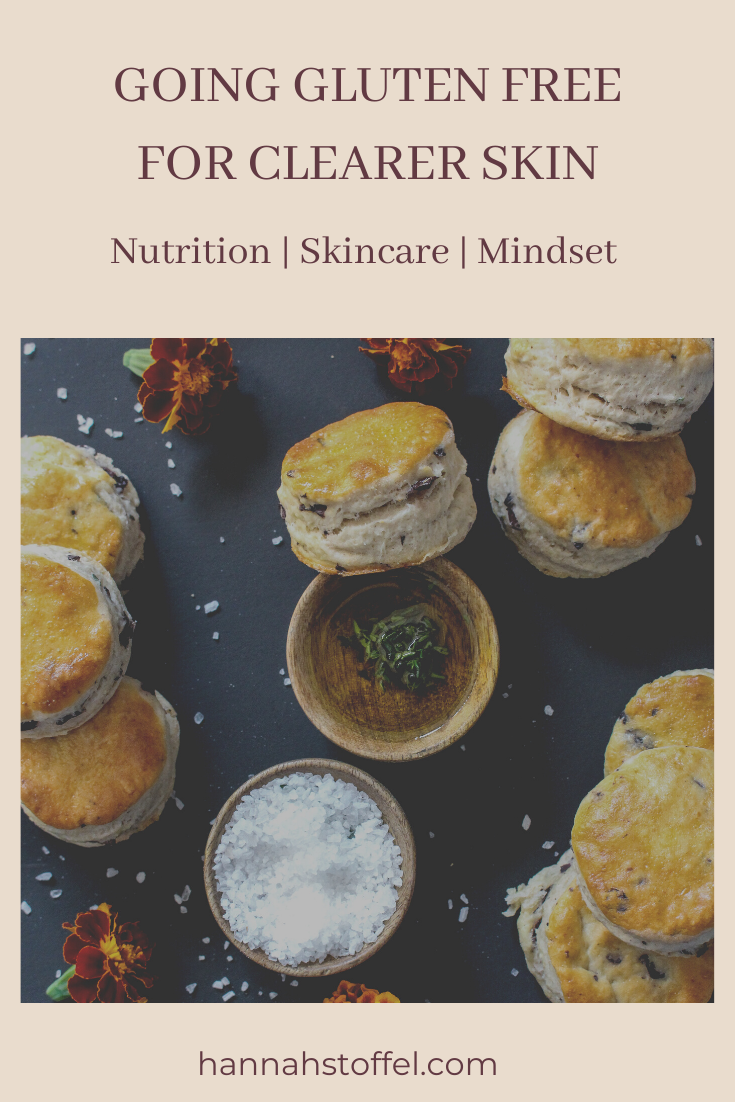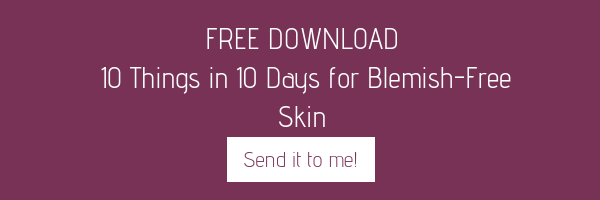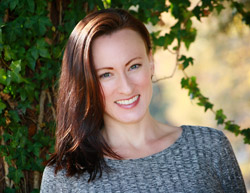"I could never go gluten free. I like bread too much."
"I've tried gluten free bread and I can't stand the taste."
"It's too hard to eat in a restaurant if you don't eat gluten."
"I don't have a gluten intolerance. I never have to run to the bathroom when I eat it."
Do any of these sound familiar?! These are among the top comments I hear when discussing gluten. There's a lot of buzz out there among the word gluten and there seem to be three camps of people: Those who are gluten free and are completely sold that it's improved their health, those who feel it's fine for other people to be gluten free but it's not for them, and lastly, those who believe that gluten free is a trend and will soon die out.

What is the truth? Is gluten bad for your health? If you're not intolerant should you be eating it?
I first discovered the concept of a gluten free diet when I read the book Wheat Belly by William Davis, MD. This book opened my eyes to an entirely new concept and much of what he wrote seemed to be written directly for me.
A few things I learned:
- The wheat we eat today is not the same wheat our grandmother's ate.
- Even if you have a seemingly perfect diet, you may still hold on to body fat if wheat is in your diet.
- Wheat is the dominant source of gluten protein in the human diet. There are other grains containing gluten but as a general rule we consume those much less frequently.
- Whole wheat bread increases blood sugar as much or more than table sugar.
Of course, it was difficult living without gluten so this new lifestyle quickly dwindled and I went back to my old habits. Until I experienced a great loss in my life, which spurred on my cystic acne (which I had fought off and on since my teen years). When creams and face washes weren't doing the trick I decided to take a more holistic option. I began researching on the internet what worked for other women with adult acne. A common theme kept recurring; Remove gluten and dairy from your diet as the first step.
I battled and struggled with this. I remembered how great I'd felt when I gave up gluten before, but truth be told I didn't want to do it again. It was too difficult. It was easier to eat in a restaurant if I was able to eat gluten. I didn't really have a problem with gluten, right?! There can't be that much truth to this idea. Long story short, I went back and forth A LOT before I finally realized I wasn't doing myself any favors and cut gluten from my diet 100%. No longer was I allowing a once a week treat of regular bread or cutting myself slack when eating out. I realized to see the changes I wanted it had to be all or nothing.
Here is the truth about identifying food intolerance and identifying foods that cause inflammation in your body. After all, too much inflammation in the body is where illness begins. If you want to know if eliminating gluten will make a difference for you, you have to completely eliminate it 100% no exceptions. The length of time you do this for really depends on your symptoms. If you have acne, eczema, rosacea or any other skin ailments then the longer the better. My acne clients do it for six straight months. If you're having GI discomfort you may notice a difference within a few days.
Here are other symptoms related to gluten intolerance:
- Brain fog
- Depression
- ADHD like behavior
- Bloating
- Constipation
- Headaches
- Bone or Joint Pain
- Fatigue
- Acne
- Dermatitis
For some clarification, a gluten intolerance can exist even if you don't have Celiac disease or another type of autoimmune disorder. The problem with the bread of our grocery shelves today is it was made to be shelf stable. This equals a higher gluten content. Also, when you see the word "Enriched" on a label it often means "deprived of nutrients." Enriched means some of the nutrients that cause the food to spoil faster have been removed and replaced with chemical ingredients so the food will be shelf stable. (Dr. Sear's, The Inflammation Solution).

Does cutting gluten from your diet seem scary or unmanageable or simply something you just really don't want to do? I get it. I once felt the same way. It's important to remember that you can always introduce back into your diet. If you eliminate if for two weeks and feel zero changes, start eating it again!
I highly encourage you to give this a try!
Tell me, have you ever eliminated or considered eliminating gluten from your diet?



